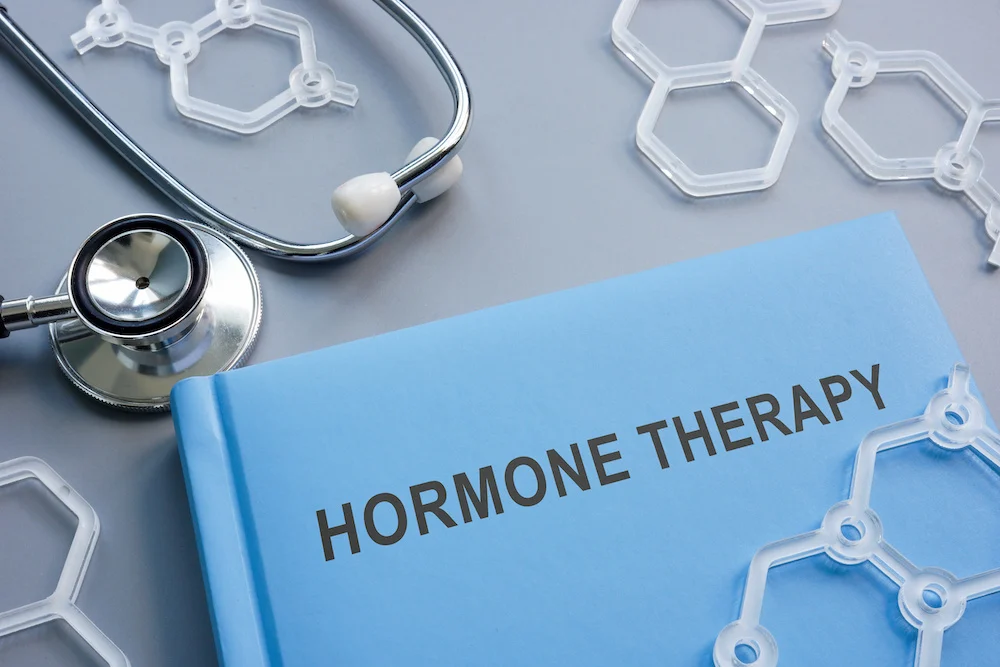Scheme 54, Indore – 452010 +91-731-2443344

Hormonal Treatment
- Hormone Level Assessments:
- Blood tests are commonly used to measure hormone levels in the body. Different hormones play crucial roles in various bodily functions, and imbalances can lead to a variety of health issues.
- Examples of hormones commonly tested include thyroid hormones (T3, T4), sex hormones (estrogen, testosterone), adrenal hormones (cortisol), and pituitary hormones (growth hormone).
- Diagnostic Imaging:
- In some cases, imaging studies such as ultrasounds, MRIs, or CT scans may be used to visualize organs associated with hormone production. For instance, an ultrasound may be used to examine the thyroid gland.
- Stimulation or Suppression Tests:
- These tests involve administering substances to stimulate or suppress the production of specific hormones, helping to diagnose conditions related to hormone regulation.
- Endocrine Function Tests:
- These tests assess the overall function of endocrine glands. For example, the oral glucose tolerance test (OGTT) is used to assess insulin function and glucose metabolism.
- Bone Density Testing:
- Hormonal imbalances, particularly related to sex hormones like estrogen, can impact bone health. Bone density tests (DEXA scans) may be used to assess the risk of osteoporosis.
- Genetic Testing:
- In some cases, genetic testing may be utilized to identify hereditary conditions affecting hormone production or regulation.
Book an Appointment
For online appointment please fill the below given form.
